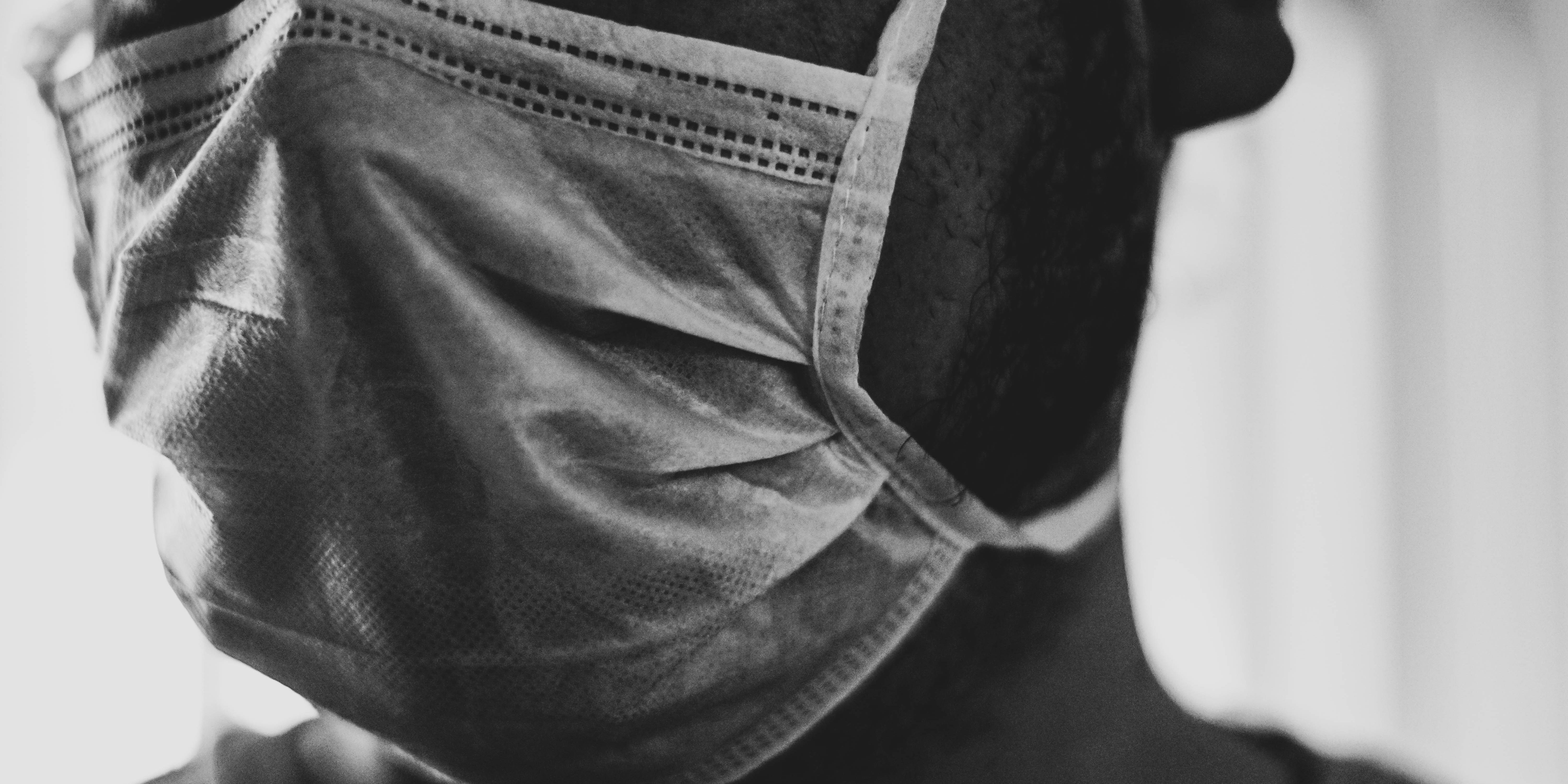By Esther Nakkazi
Zimbabwe’s first death from Covid-19 is a journalist. A fine broadcaster Zororo Makamba, 30, was Zimbabwe’s second reported positive Covid-19 patient, health and child care minister Obadiah Moyo said on Saturday.
Makamba died three days after admission with ‘severe respiratory distress’ at the Wilkins Infectious Diseases hospital in Harare, the city’s only Covid-19 facility media reports say.
The journalist travelled to New York on February 29 returning on March 12th. The trip was either private or for work or for both we are not sure. Most likely Makamba contracted Covid-19 from the journey, its unexplained. On his return to Harare his movements were unrestricted. He met some bankers for 15 minutes, one bank revealed.
The Health Journalists Network in Uganda (HEJNU) founded in 2011, with about 80 members, who cover science and based at different media houses around the country has a WhatsApp group with about 70 health and science reporters.
The daily practice is that HEJNU members share information, contacts and anything related to the media or health and science only. Since the coronavirus outbreak more members take time to share their stories, tips and frustrations. Lack of personal protective equipment is a sore spot.
Today, one member shared a TV story he recorded working without wearing protective gear. The HEJNU member was covering a story about quarantined Chinese nationals who had refused to undergo the 14 days mandatory self-isolation.
Besides admiring his fearlessness members rebuked him for not wearing protective gear and risking his health – all echoing ‘no story worth your life’. Media houses have a duty to provide journalists with protective gear!
At HEJNU we all cautioned ourselves to work from home in the absence of protective gear and share information (which is hard, but times are tough). Ida Jooste, a Internews media trainer and global health media adviser says now journalists need to rethink how they work; from home, asking trusted sources to send comments, doing interviews through calls among other tasks.
As journalists now more than ever, during the coronavirus pandemic we should consider to share video footage, tips, contacts, audio recordings, few media houses will provide protective gear although they should take put our safety ahead of stories and counting eyeballs.
We owe the public accurate and, timely updates about the pandemic. These can only be provided by healthy journalists.




